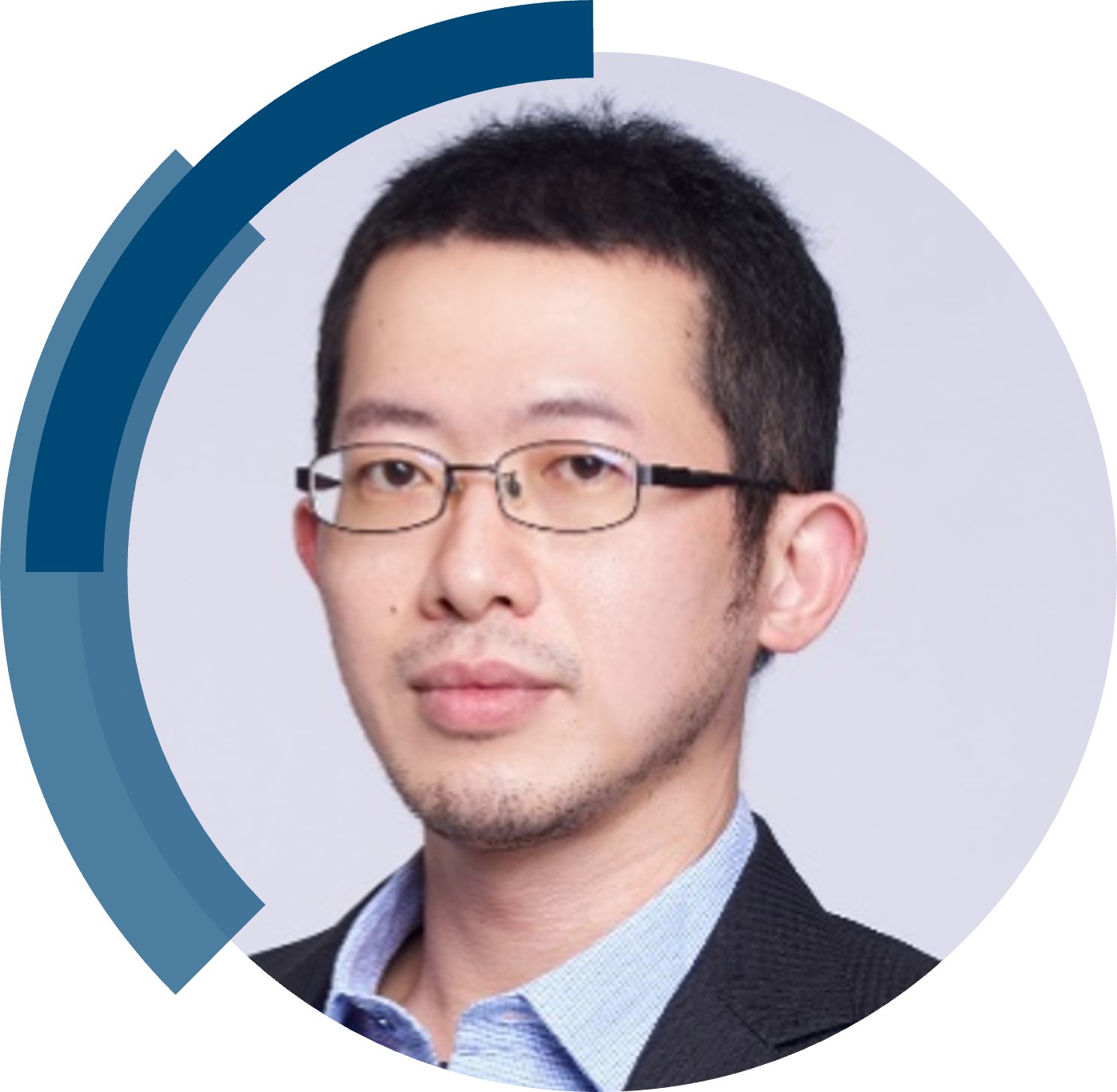ChemComm is publishing its 60th volume in 2024. Over the past 60 years, ChemComm has been the RSC’s most cited journal, and one of the most trusted venues for rapid publication of short communications. In our anniversary year, we recognise the important contributions ChemComm has made, and continues to make, in advancing the chemical sciences.
As part of our anniversary celebrations, we’ve brought together a collection featuring the latest research from some of our most loyal and dedicated authors. From those marking the beginning of their independent academic career by publishing their first article with us, to the rising stars and established leaders publishing in our yearly ‘Emerging Investigators’ and ‘Pioneering Investigators’ collections, this collection champions the contributions of our worldwide author community. We are proud many authors choose to support our journal by regularly publishing their best work with us. This collection also features papers from our ChemComm Emerging Investigator Lectureship winners, and our Outstanding Reviewer awardees, whose invaluable feedback has shaped our published content through the years.
To accompany the collection, we’ll be publishing interviews with contributing authors where they provide further insight into their research and reflect on their journey with ChemComm.
Check out our interview with Professor Sheng-Heng Chung (National Cheng Kung University, Taiwan) below!
How have you seen ChemComm evolve over the years, and what aspects do you find most noteworthy?
ChemComm has evolved by consistently selecting innovative research across a wide range of fields and highlighting significant breakthroughs. This focus on cutting-edge developments has been instrumental for our group, inspiring new ideas and advancing our work in energy storage and battery research.
What is your favourite thing about ChemComm?
ChemComm encourages authors to distill their novel studies into concise 4-page main articles. This format helps authors refine the essence of their research, facilitating further exploration and development. This format helps readers quickly grasp the key findings and breakthroughs, while more detailed information is available in the supporting materials.
In what ways do you think ChemComm stands out among other journals in your field?
ChemComm stands out by showcasing innovative research and key breakthroughs across diverse fields. Its format, featuring concise 4-page articles, enables authors to present essential findings clearly, facilitating further research. This approach benefits both researchers by inspiring new ideas and readers by providing quick access to core discoveries.
How would you describe the peer review process and interaction with the editorial team at ChemComm?
As an author, ChemComm offers a swift review process with rigorous selection criteria. It’s rewarding to see novel research recognized, and the process also highlights areas needing further development. As a reviewer, ChemComm features cutting-edge manuscripts and provides comprehensive support to facilitate detailed and constructive feedback.
Are there ways in which the journal can further support and engage with future generations of scientists?
ChemComm selects research articles featuring the latest ideas across various fields. Curating a special issue on novel concepts within a specific area could provide researchers with a wealth of fresh, recognized ideas relevant to their field.
Could you provide a brief summary of your recent ChemComm publication?
In our Feature Article, “Progress on Critical Cell-Fabrication Parameters and Designs for Advanced Lithium–Sulfur Batteries,” we review key advancements in lithium–sulfur battery research from 2018 to 2024. We summarize crucial criteria for cell-fabrication parameters and battery-electrochemical performance. We further highlight how recent developments achieve these criteria with novel material and cell-configuration designs, while also identifying ongoing challenges and potential solutions.
In your opinion, what are the next steps or potential areas of research that could build upon the findings in this paper?
In our Feature Article, we propose several designs for advancing lithium–sulfur cells with high energy density. Based on emerging research methods, we anticipate challenges such as high resistance of active materials in solid state, low ionic conductivity of polysulfide catholytes, premature precipitation of liquid-state polysulfides, high interface impedance, and rapid degradation of thin lithium metal anodes. Addressing these issues could inspire innovative solutions and further research in the field.
Be sure to read Sheng-Heng’s Open Access Feature article, “Progress on critical cell fabrication parameters and designs for advanced lithium–sulfur batteries” to learn more!












